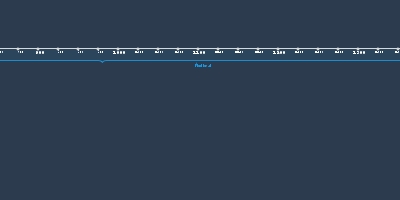1 janv. 1868 - Cecilian Movement (GER)
Description:
The Cecilian Movement for church music reform began in Germany in the second half of the 1800s as a reaction to the liberalization of the Enlightenment.[1]For choral music: This meant a return to a simpler form, with less floridity. Think of Bruckner's Locus Iste or Christus Factus Est.
The Allgemeiner Cäcilien-Verband für Deutschland started in this year, formed to begin the Cecilian movement among other things.
The Cecilian Movement received great impetus from Regensburg, where Franz Xaver Haberl had a world-renowned school for church musicians.[2] Their theoretical ideas were formulated by Ludwig Tieck, Friedrich and August Wilhelm Schlegel, Johann Michael Sailer, E. T. A. Hoffmann,[3] and Anton Friedrich Justus Thibaut.[1]
The deficiencies of the official version of the Gradual and Antiphonal, the Medicean edition of 1614, had become evident by the beginning of the 19th century. Calls for its reform led to publication of the Mechlin edition in 1848 which, despite a few attempts at correction retained many of the faults of the Medicean version. in 1871, Franz Xaver Haberl and the publisher Pustet of Regensburg reissued this edition of the Gradual, claiming it to be the work of Palestrina, which made it an initial success. They also issued an Antiphonal, based largely on the Venetian edition of 1580.[5]
In 1904, a papal decree reinstated the readings of the Editio vaticana, effectively bringing the Regensburg chant-reform efforts to an end and rendering Haberl's internationally disseminated textbook Magister choralis unusable.[2]
Ajouté au bande de temps:
Date:
1 janv. 1868
Maintenaint
~ Il y a 157 ans
